The demand for polylactic acid (PLA) is increasing worldwide as bioplastics are used more commonly in 3D printing, food packaging and agricultural films. While it is claimed such materials are biodegradable, full degradation of PLA is often not possible under the conditions found in landfills or industrial composting.
In this hour-long Chemistry World Research Spotlight webinar we meet the authors of a Green Chemistry paper demonstrating a new route to active upcycling of PLA. During the webinar, we’ll focus on the contents of the paper, which explains how a simple PLA upcycling path turns existing PLA wastes into new 3D printable materials. Using the process of aminolysis, the ester bonds of PLA can be cleaved, derivatised and combined with a comonomer and initiator to create a photocurable resin.
In this webinar you will have the opportunity to interact with the researchers, hearing directly from them about why they chose to investigate this method and how they navigated the research. Join us to ask your questions directly to learn more about the research and methods discussed in the paper.
This webinar features the paper ‘A chemical approach for the future of PLA upcycling: from plastic wastes to new 3D printing materials’ by Lin Shao, Yu-Chung Chang, Cheng Hao, Ming-en Fei, Baoming Zhao, Brian J. Bliss and Jinwen Zhang published in Green Chemistry. This paper will be free to access until 20 December 2022.
Our guest speakers
Jinwen Zhang
Jinwen Zhang is a professor at the school of Mechanical and Materials Engineering, Washington State University, USA. He received his PhD degree in polymer science from University of Massachusetts Lowell, USA. Jinwen Zhang’s research has focused on sustainability of polymer materials encompassing preparation of biopolymers, composites, design of recyclable polymers, mechanical and chemical recycling of plastic waste.
Yu-Chung Chang
Yu-Chung Chang is currently a postdoctoral researcher at Washington State University, USA. He received his PhD in Materials Engineering and MS in Mechanical Engineering from Washington State University, USA. His research interests are on emerging technologies such as additive manufacturing/3D printing, polymer composite materials, smartphone-based optical biosensor, mobile point-of-care, applied optics, manufacturing and processing, and process optimizations.
Lin Shao
Lin Shao is a PhD student in materials science and engineering at Washington State University, USA. He received his bachelor’s degree in materials science and engineering from Tiangong University in Tianjin, China and master’s degree from Hainan University in Hainan, China. His PhD research is on the chemical upcycling of thermoplastic and thermoset wastes and transformation of recyclates into added-value and functional materials.
Featured journal
The paper featured in this webinar is from the Royal Society of Chemistry’s Green Chemistry journal, which provides a unique forum for the publication of innovative research on the development of alternative green and sustainable technologies.
Green Chemistry is at the frontiers of this continuously evolving interdisciplinary science and publishes research that attempts to reduce the environmental impact of the chemical enterprise by developing a technology base that is inherently non-toxic to living things and the environment. Submissions on all aspects of research relating to the endeavour are welcome.

From the everyday consumer to scientists in the laboratory, we all rely on accurate information to make critical decisions. Waters Corporation is the world’s leading specialty measurement company focused on improving the materials science industry through the application of high-value analytical technologies and industry leading scientific expertise.
With a global workforce of more than 7,400 employees, Waters operates in 35 countries, including 14 manufacturing facilities and with products available in more than 100 countries. Our diverse organization is well-positioned to Deliver Benefit through innovations that enhance human health and well-being.
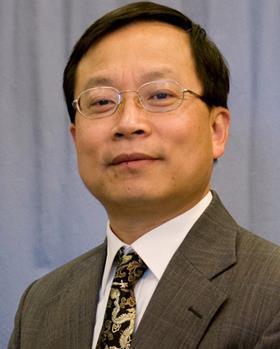

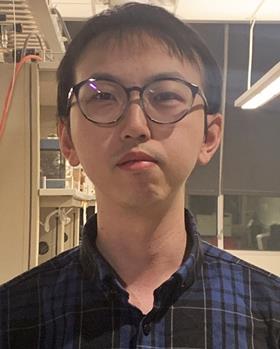

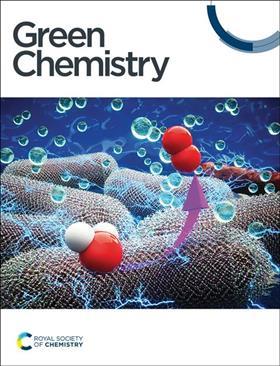


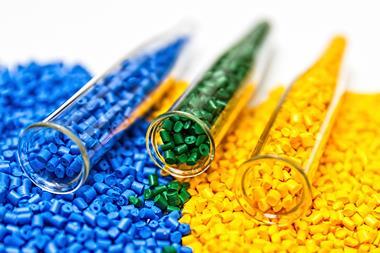
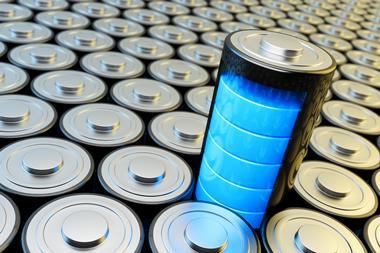
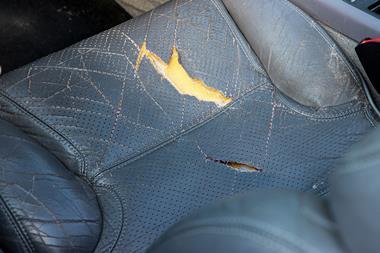
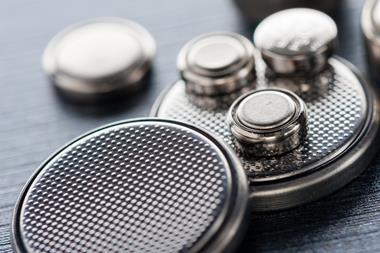






No comments yet